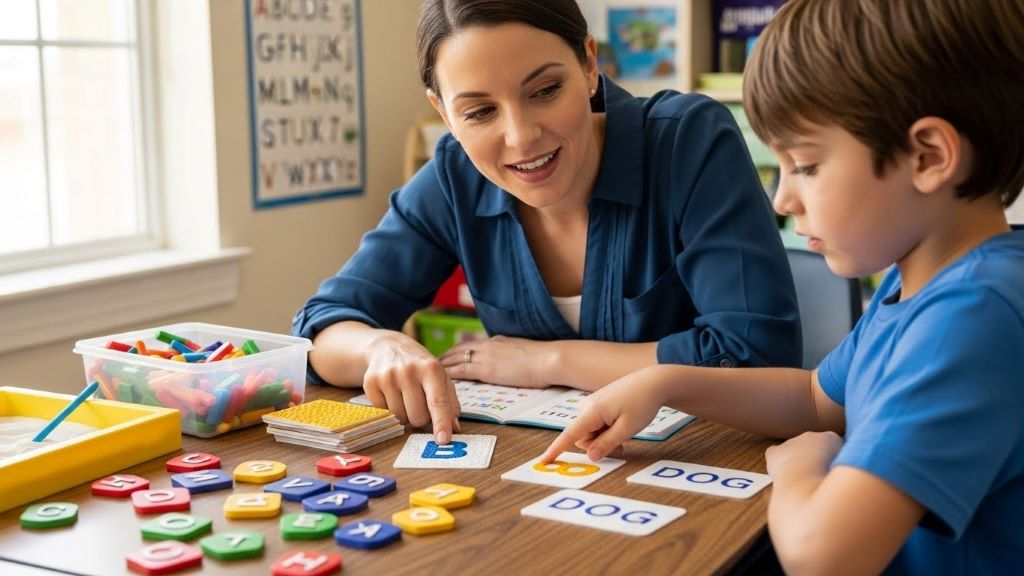Aside from its rich culture and celestial beauty of destinations, if there is one thing that Thailand takes pride in, it’s world-class education. Presently, the country’s educational sector takes an innovative approach through the number of international-based curricula their institutions observed. When faced with the best of the best international schools, it can be challenging to decide where to study and thoroughly understand the focus of each curriculum.
We curated the list of the primary four curricula offered at international schools in Thailand that differ in teaching scope, academic timeline, cost, and language for communication. For instance, international schools like Verso follow an American curriculum, and others solely focus on the British, International Baccalaureate (IB), and other national curricula. This article will help you thoroughly learn about this to help you decide on your educational conditions efficiently.

The British National Curriculum
Naturally, the British curriculum is the utilized National Curriculum of England. In the said country, as also applied in international schools in Thailand, getting one’s education is mandatory for children aged 5 to 16.
Each student is assigned to Year Groups, in which each year group refers to the child’s age on August 31 of that year. Year Groups are divided into Key Stages, each having its own coursework. Throughout each Key Stage, precise evaluations and examinations are implemented to monitor and follow each child’s academic advancement.
Traditionally, the following Key Stages start in Key Stage 1 from children aged 5 to 6. Within two years in this particular Key Stage, students develop their basic knowledge in Mathematics, Science, English, History, Physical Education, Music, Geography, and many more.
In Key Stage 2, children aged 7 to 10 expound their knowledge through additional foreign and traditional languages. During this Stage, evaluations are given twice to assess the student’s academic development thoroughly.
As the Year Group progresses, students are taught additional courses in Key Stage 3, specifically, Citizenship. In contrast, basic courses like Science, mathematics, English, physical education, and International General Certificate of Secondary Education (IGCSE) programs are prioritized in Key Stage 4 by students aged 14 to 15.
Moreover, students can also study the arts, technology, modern foreign languages, humanities, and design, which they will be required to take the IGCSE examinations at the end of Key Stage 4.
Ultimately, when students reach the age of 16 to 17, they will enter Key Stage 5 or Sixth Form Education. In Thailand, most international schools offer such a stage. Key Stage 5 prepares students for their chosen course at university. This program lasts two years, during which students earn their Advanced Level or A Level qualifications.
The American (U.S.) Curriculum
International schools that implement American curriculum observe U.S. Common Core Standards for English, Language, Arts, History, Geography, and Mathematics. In Thailand, children as young as five can begin school under an American preschool curriculum. The teaching approach in this Stage is more play-based learning and is focused on developing the student’s socialization skills and numerical and alphabetical instruction.
Primary or Elementary school begins when a child is 6 or 7 years old and ends when the child graduates from sixth grade. Junior High or Middle School is usually when a student enters adolescence, from age 12 to 13.
Lastly, High school begins when 14 or 15-year-old children enter the ninth grade and typically lasts until the child reaches the age of 18. Most international schools in Thailand will require students to take and pass exit examinations to thoroughly evaluate their learnings on the core subjects taught at an American-based institution.
With an American-based curriculum, international schools in Thailand offer an institution that balances academic and social activities such as student organizations, sports, and other scholastic-based activities. Finally, students take Advanced Placements to consolidate their university applications.
Depending on the particular admissions prerequisites of each university, most international students seeking admission to a U.S. college must also accomplish the external college admission tests and SATs to ensure their college admission.

The International Baccalaureate (IB) Curriculum
The I.B., a program recognized in over 100 countries, is a global requirement with a worldwide standardized curriculum that enables students to transfer from one country’s school to another with only a few academic concerns. Simply put, a school must be authorized by the International Baccalaureate to teach the program or I.B. World School.
Students in the I.B. programs are encouraged to empower students to think individually and analytically, as well as to be multilingual and to investigate ideas in both domestic and global contexts.
The program is divided into three major parts: the Primary, Middle, and Diploma programs. Primary Years Programmes are available to students aged 3 to 12. This year, students are encouraged to participate actively in their learning at this Stage.
Accordingly, the Middle Years level for ages 11 to 16 is subdivided into eight core subject groups and initially designed to teach adolescent students self-paced learning. Under this Stage, students can opt for and pass an external examination for an official IB MYP Certificate.
Lastly, for students aged 16 to 19, the International Baccalaureate (I.B.) Diploma Programmes mainly focus on core courses emphasizing service, activity, essay writing, creativity, and knowledge. Students must pass and take all six core subjects through an assessment test.
Other Curriculums
Apart from the three main curriculums that were discussed, Thailand has a number of national curriculum schools such as German, and Korean, Japanese, French, Singapore, Canadian, Australian, Chinese, Indian, and Swiss. These common schools teach their language and other specified subjects.
With this whole experience, students do not only expand their knowledge and develop their academic skills but gain international experience of life that transforms them as global competitors.

